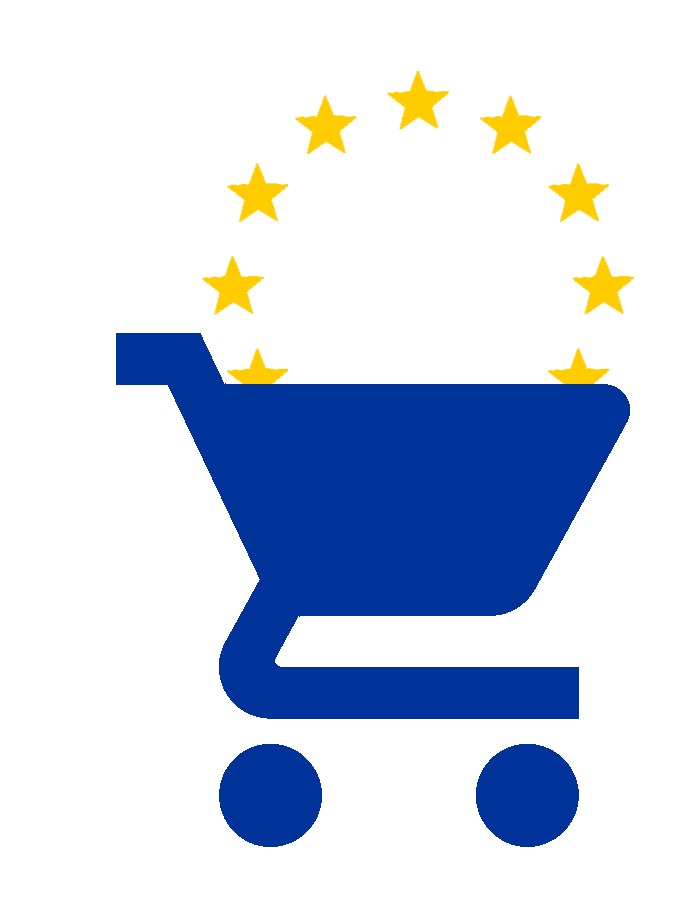On July 1st 2021, the new VAT regulations for e-commerce operations came into force throughout the EU. These new regulations are mainly contained in two EU Directives (Directives 2017/2455 and 2019/1995) and aim to simplify the VAT taxation of e-commerce through the approval of different one-stop shop systems that can be used by e-commerce operators selling goods to consumers domiciled in EU Member States.
As mentioned in the previous paragraph, one of the objectives (not the only one) is to simplify compliance with the declaration and registration obligations for companies carrying out e-commerce activities. In addition, the new regulations are intended to considerably increase VAT collection in this type of operations, especially in cases where the suppliers of the goods are established in non-EU countries.
However, depending on the type of activities that each operator intends to carry out, things may not be so simple.

Firstly, the new VAT regulations may oblige EU taxable persons to register under different VAT regimes.
- The general VAT system. If, for example, the taxable person makes supplies of goods to other taxable persons even if these sales are made online.
- The new Union scheme. If the EU taxable person carries out electronic supplies of services or intra-Community distance sales of goods to consumers in the EU.
- The new Import scheme. This regime is applicable to sales of goods dispatched to consumers from countries outside the EU that meet certain requirements.
For non-EU taxpayers who, in addition to selling goods online, provide services to private customers domiciled in the EU, there is an additional regime to register. The so-called Non-Union scheme.
When using the new import regime, taxpayers will need a special identification number. In other words, companies will now have two tax identification numbers and will have to use one or the other depending on the nature of the operation.
In addition, those EU companies that use the services of certain marketplaces that help them to manage their EU sales and that, in many cases, imply that the goods of the taxable person are moved throughout the EU territory keeping stock of them in different countries depending on the needs of the market (something very common nowadays), will not be able to benefit in many cases from the one-stop-shop, being obliged to keep their VAT records in all these Member States where they keep stocks of product.
In other words, in practice, these EU sellers will have to continue to keep their local VAT numbers and, in addition, they may need to have a brand new VAT number if they are going to make use of the Import scheme. Under the new regimes, they will be able to file one-stop-shop declarations in their member state for certain types of sales (not all). However, if they operate in different countries and keep stocks of products in those countries, they will still have to file VAT returns and intra-Community sales reports in those countries.
E-commerce operators will also be obliged to keep a series of records with information on all their transactions covered by the special regimes. These records must be available to the Administration for quite long periods of time.
All of the above confirms that there is a big difference between the theoretical explanations that have been given about the new regulations and the reality when it comes to putting them into practice.
It is important to mention that the new regulations have good things since they will undoubtedly help to improve VAT collection, especially in cases of imported goods, since with the regulation in force until 30.06.2021 hardly any VAT was paid in the realization of this type of operations leaving companies selling EU goods (not imported into the EU) in a clear detrimental situation.
It is therefore worth asking whether the new VAT regulations for e-commerce will really simplify things for companies or whether, on the contrary, they will further complicate VAT compliance obligations. These obligations will be especially complex for platforms facilitating this type of activities, who since July 1st 2021, have a series of formal obligations and assume a series of responsibilities that in some cases may be difficult to comply with.
Given the tremendous complexity and the constant changes in these new digital business models, it is also worth asking whether the new regulations that have just come into force will soon become obsolete and, if so, when will this happen? Bets are welcome.